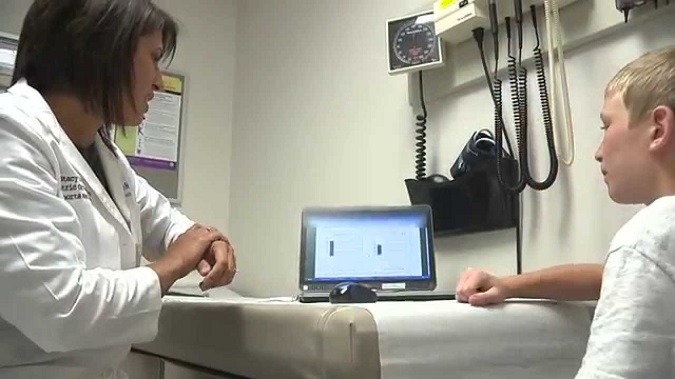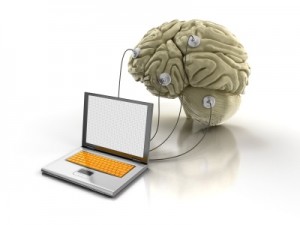Posts Tagged ‘computerized’
The FDA clears two computerized cognitive tests to assist in medical evaluations following brain injury or concussion
FDA allows marketing of first-of-kind computerized cognitive tests to help assess cognitive skills after a head injury (FDA news release): “The U.S. Food and Drug Administration today permitted marketing of two new devices to assess a patient’s cognitive function immediately after a suspected brain injury or concussion. The Immediate Post-Concussion Assessment and Cognitive Testing (ImPACT)…
Read MoreNew & Excellent Review of Computerized Cognitive Training with Older Adults
“Within 20 years, older adults will account for almost 25% of the U.S. population. From a healthcare perspective, a major concern with an aging population is a higher prevalence of age-related impairment in cognitive function. This expanding aging population highlights the need to identify quick, effective, low-cost solutions to delay pathological cognitive decline associated with…
Read MoreReport: Cognitive Testing Program Fails Soldiers, Leaving Brain Injuries Undetected
In 2007, with roadside bombs exploding across Iraq, Congress moved to improve care for soldiers who had suffered one of the war’s signature wounds, traumatic brain injury.
Read MoreStudy: Music Training Can Enhance Verbal Intelligence and Executive Function
Very interesting new study published in Psychological Science: Short-Term Music Training Enhances Verbal Intelligence and Executive Function. Abstract: Researchers have designed training methods that can be used to improve mental health and to test the efficacy of education programs. However, few studies have demonstrated broad transfer from such training to performance on untrained cognitive activities.…
Read MoreBrain Training for Babies: Hope, Hype, Both?
Training the brain is possible because of neuroplasticity. Our daily experiences can trigger neuroplastic changes in the brain, such as the growth of new brain cells (neurons) and new connections (synapses) between neurons. Plasticity is observed at all ages but is at its peak during brain development, as a baby and then a child learns…
Read MoreNeurofeedback/ Quantitative EEG for ADHD diagnosis
Like all psychiatric disorders, ADHD is diagnosed based on the presence of particular behavioral symptoms that are judged to cause significant impairment in an individual’s functioning, and not on the results of a specific test. In fact, recently published ADHD evaluation guidelines from the American Academy of Pediatrics (AAP) explicitly state that no particular diagnostic…
Read More



